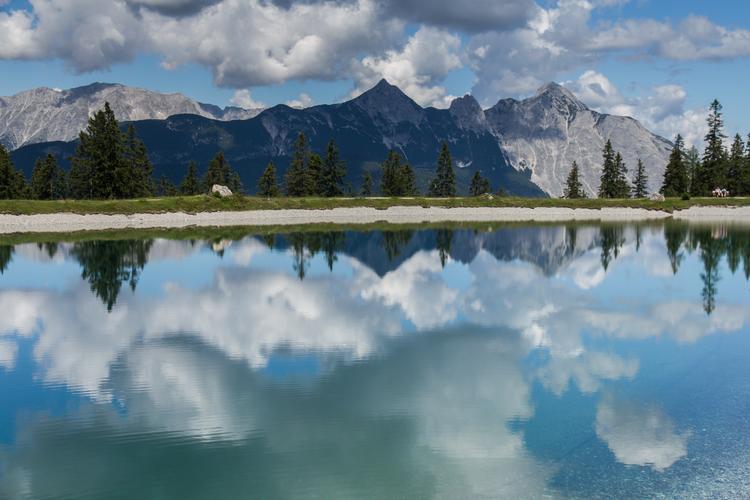Belgium is a country that is steeped in culture and tradition. These traditions have evolved over time, reflecting changes in the society, technology, and trends. In this blog, we explore the different phases of Belgium’s cultural evolution and how it has transformed over the years.
The Early Years:
Belgium’s cultural traditions can trace their roots back to the early years of civilization. The country was a melting pot of various cultures, with influences from the Celts, the Germanic tribes, and the Romans. The beliefs and practices of these groups are still evident in modern-day Belgium, and these form the basis of the country’s cultural heritage.
The Middle Ages:
During the Middle Ages, Belgium saw the emergence of various forms of art and architecture that defined the cultural landscape of the country. This period witnessed the construction of magnificent cathedrals and castles, which have become iconic symbols of Belgium’s cultural heritage. The Flemish Primitive art movement, which emerged during this time, was a significant contributor to the country’s cultural evolution. Famous artists like Jan van Eyck, Rogier van der Weyden, and Hans Memling were the pioneers of the movement, and their works can still be seen in Belgium’s museums.
The Renaissance:
The Renaissance period marked a significant turning point in the cultural evolution of Belgium. The printing press was invented during this time, and books became more accessible to the general public. This led to the spread of knowledge and ideas, which had a profound impact on the country’s cultural landscape. During the Renaissance, architecture, art, and literature flourished in Belgium, and the country became a hub of creative activity.
Modern Times:
In the modern era, Belgium’s cultural traditions have continued to evolve, reflecting the changing times and trends. The country has embraced new forms of art and cultural expressions, while still preserving its rich heritage. Today, Belgium is known for its vibrant music scene, fashion, and cuisine. The country has also emerged as a major hub of design and fashion, with many global brands calling it home.
Conclusion:
Belgium’s cultural traditions have undergone a significant transformation over the years. From the early years of civilization to the modern era, the country has remained steadfast in its commitment to preserving its rich heritage while embracing new forms of art and cultural expressions. Today, Belgium’s cultural landscape is a fascinating blend of tradition and modernity, reflecting the country’s rich history and commitment to creativity and innovation.
(Note: Do you have knowledge or insights to share? Unlock new opportunities and expand your reach by joining our authors team. Click Registration to join us and share your expertise with our readers.)
Speech tips:
Please note that any statements involving politics will not be approved.
